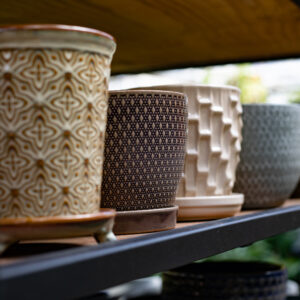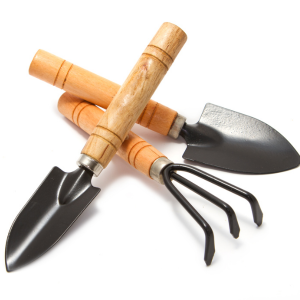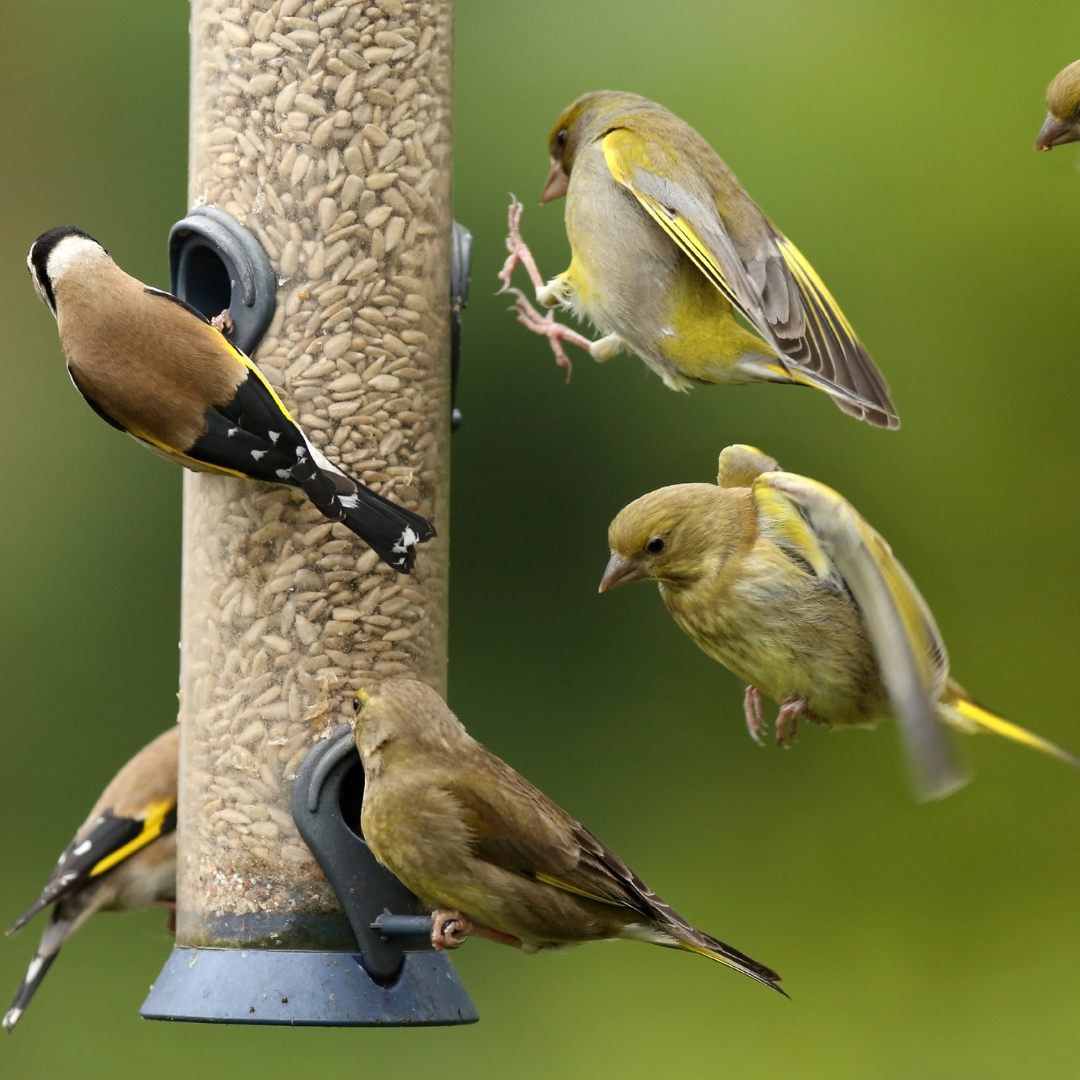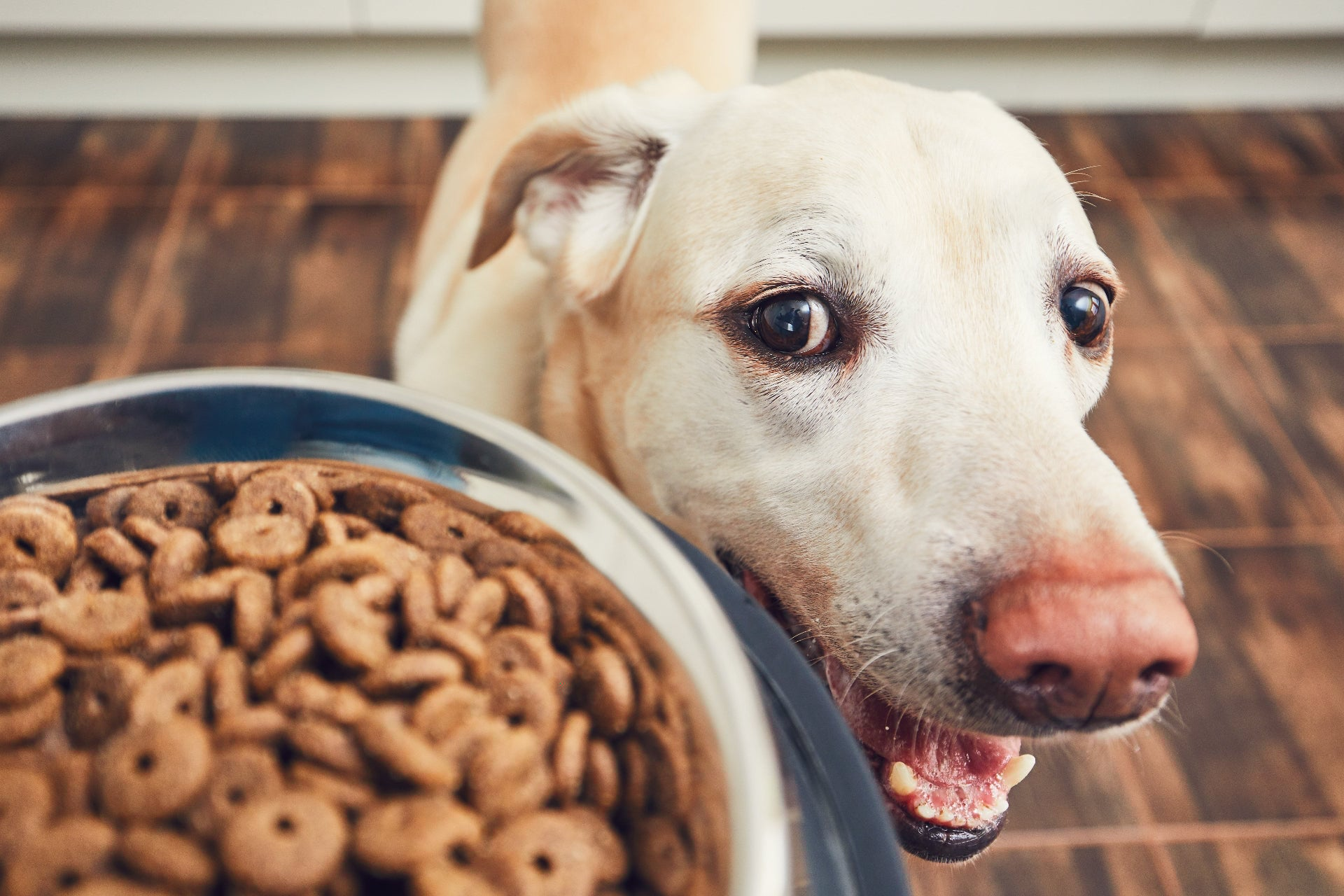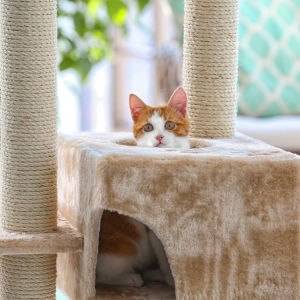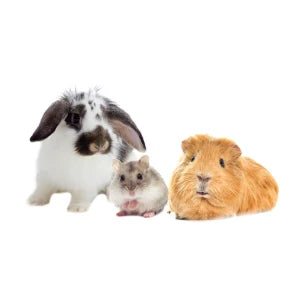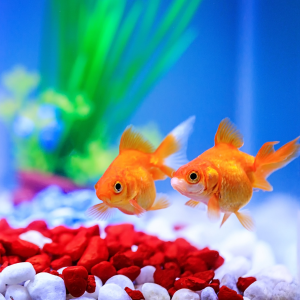Lipstick Plant Care
The Lipstick Plant (Aeschynanthus radicans) is a trailing tropical beauty named for its vivid red, tubular flowers that resemble lipstick.
With lush green foliage and cascading growth, it’s perfect for hanging baskets or shelves.

Light
Prefers bright, indirect light for best flowering. Can tolerate morning sun, but avoid harsh midday rays. Too little light reduces blooms and causes leggy growth.

Watering
Keep soil evenly moist during active growth. Water when the top inch of soil begins to dry. Reduce watering in winter, but don’t let it fully dry out.

Humidity
Enjoys moderate to high humidity. Mist occasionally or place near a humidifier. Brown leaf edges may indicate low humidity.

Temperature
Ideal range: 65–80°F (18–27°C). Avoid cold drafts and temps below 60°F.

Soil
Use a light, well-draining mix—potting soil with added perlite or orchid bark works well.

Fertilizing
Feed every 2–4 weeks in spring and summer. Use a high-phosphorus bloom boost fertilizer to encourage blooming. Pause feeding in fall and winter.

Repotting
Every 2–3 years or when rootbound. Best done in spring to encourage new growth.

Pruning & Cleaning
Trim after flowering to maintain shape and encourage branching. Remove dead blooms and foliage regularly.

Pet Safety
Non-toxic to cats and dogs.

Common Problems
Few or no blooms = insufficient light or low nutrients. Yellow leaves = overwatering or poor drainage. Leggy stems = not enough light.

Common Pests
Watch out for spider mites, mealybugs, aphids, and scale.

Fun Fact
The Lipstick Plant’s name comes from its flower buds, which resemble a tube of lipstick being twisted open.



